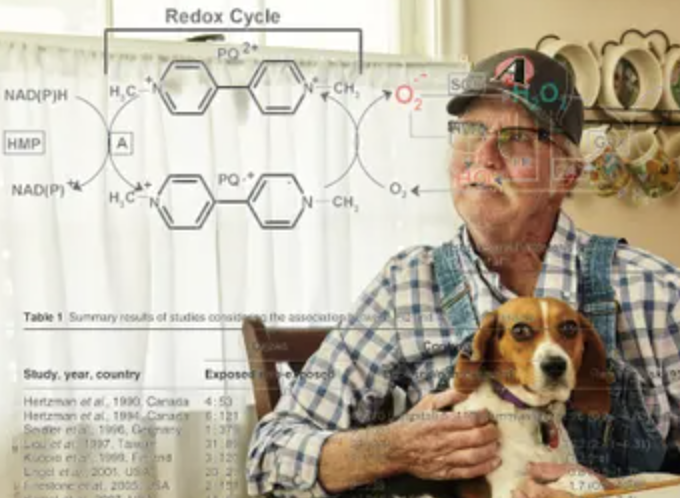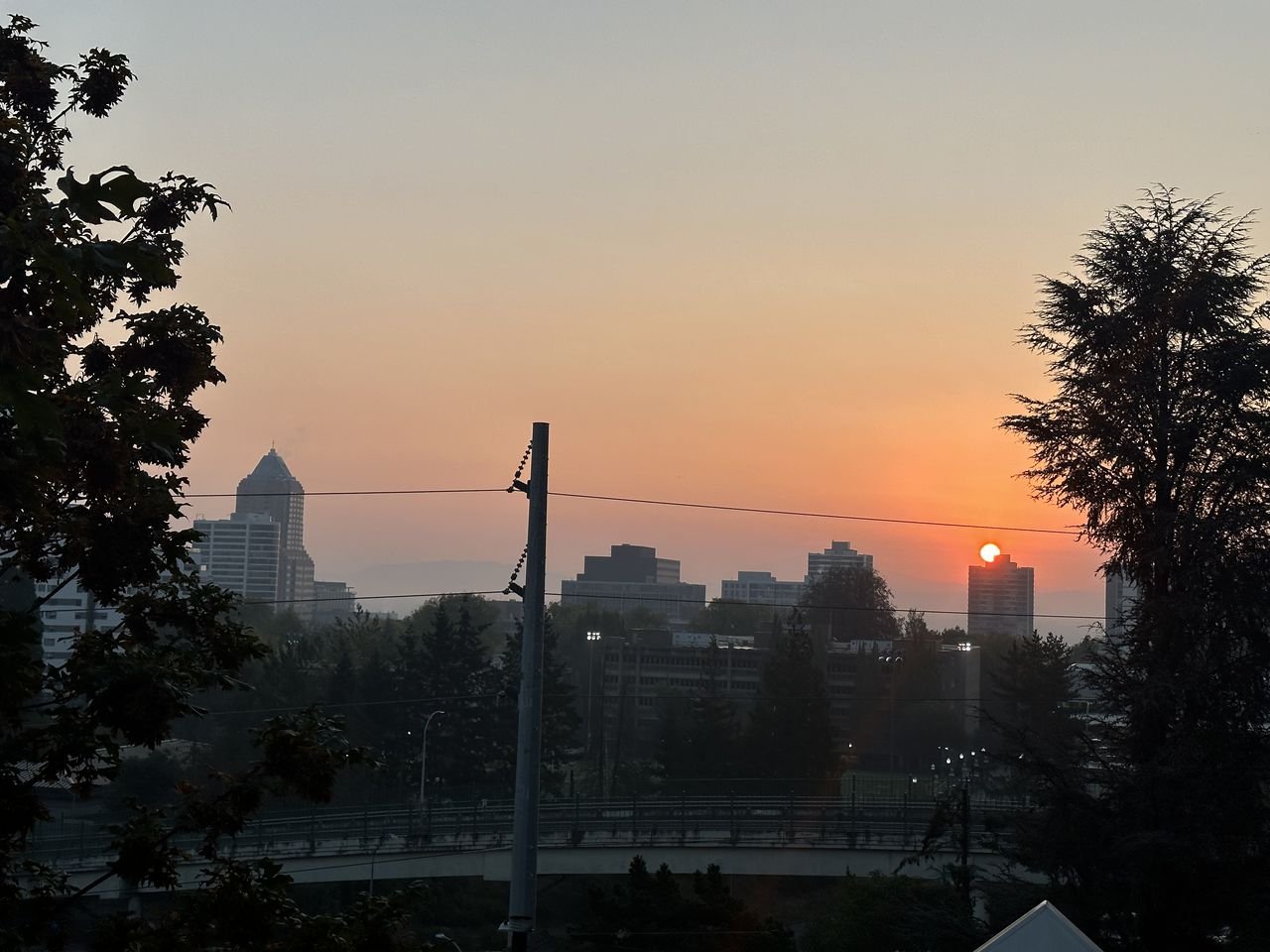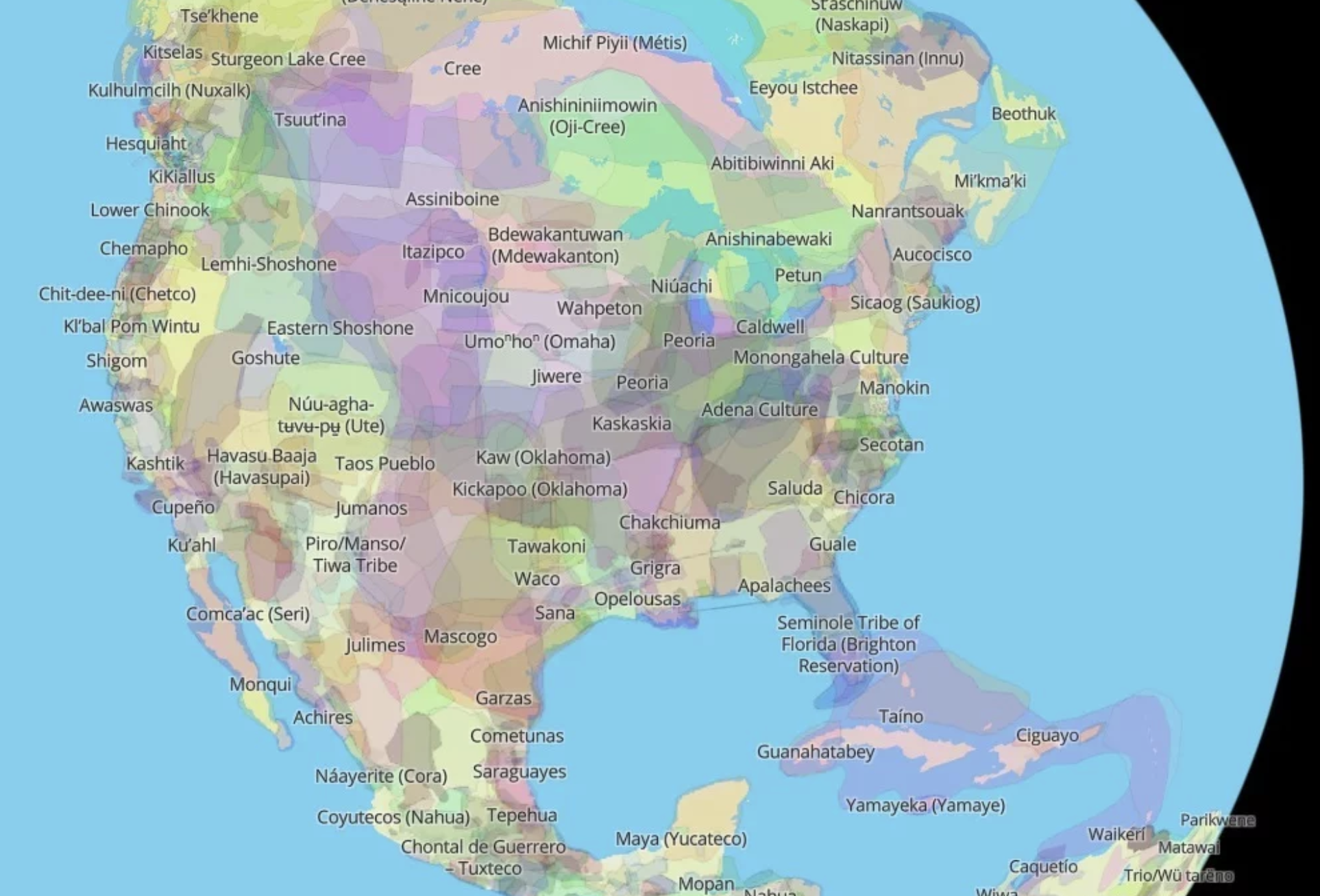Why does the US allow a controversial weedkiller banned across the world?
The Guardian
by Carey Gillam
When US regulators issued a 2019 assessment of the widely used farm chemical paraquat, they determined that even though multiple scientific studies linked the chemical to Parkinson’s disease, that work was outweighed by other studies that did not find such links.
The Environmental Protection Agency (EPA) reiterated its assessment in a 2021 report, determining that when weighing all the risks and benefits, US farmers could continue to apply the weedkiller across millions of US acres to help in the production of soybeans, corn, cotton and an array of other crops.
This is in stark contrast to the EU, where it is banned. It is also outlawed in the UK, where it is manufactured; Switzerland, where its manufacturer, Syngenta, is based; and China, the home of Syngenta’s parent company.
A growing chorus of US farm worker, health and environmental advocacy groups is demanding that this must change. They argue that research conducted by independent scientists provides abundant evidence of paraquat’s ability to cause Parkinson’s and other health dangers, and the EPA is improperly discounting that body of research.
Read full article here










